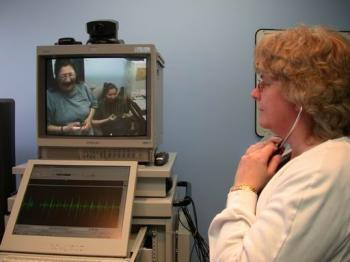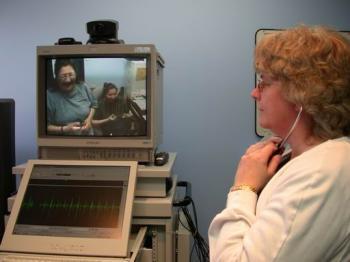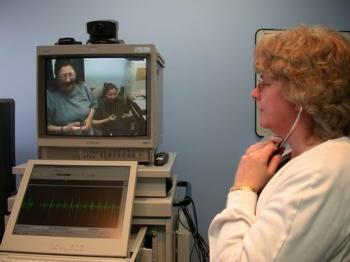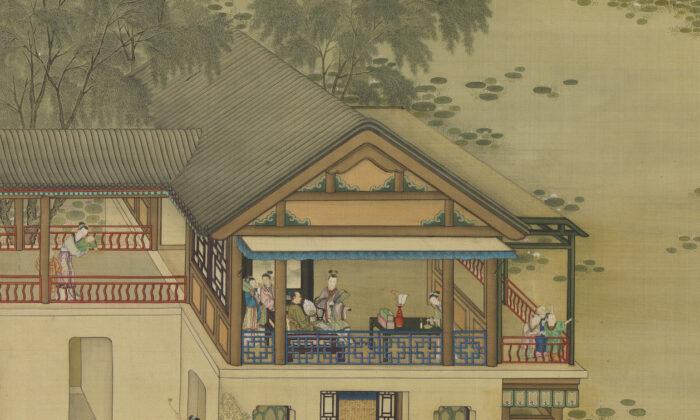“The best ideas will be ideas that will have a significant impact on health and health care, ideas that are innovative,” said Jennifer Zelmer, Senior Vice President, Clinical Adoption and Innovation, at Canada Health Infoway.
Infoway is a not-for-profit group funded by the federal government to work with health care professionals, governments, health organizations, and IT vendors to ensure health care providers have the critical information they need to give the best possible care to Canadians.
In the organization’s ImagineNation Ideas Challenge, the ideas submitted can be very high-tech, such as equipment utilized in intensive care units, or concepts that use common types of ICT like computers and mobile phones.
They could also be creative ways of using the Internet, social media, or other tools, offering solutions that could be adopted in long-term care facilities or homecare, get kids more active in their communities, or advance standards to allow different jurisdictions to share their resources.
Infoway will be looking for benefits in three areas: quality of care, access to care, and productivity.
For example, someone may be in an emergency room who is taking medication but is not in a position to tell the health care providers what those medications are. ICT can allow the providers to look up the information and make sure no contraindicated medication is prescribed, Ms. Zelmer said.
“So they can speak for you when you can’t speak or yourself.”
Last year Infoway gathered experiences from pharmacists, radiologists, and other professionals across Canada and found that those with drug information systems in place saw significant gains in productivity as well as benefits in quality and access that added up to $436 million a year.
In addition, “we’ve heard amazing stories” around tele-health, Ms. Zelmer said.
In one community a mother and her son used to have to bus for nine hours to the city for an hour-long consultation with the boy’s neurologist. Now they’re able to go to their local hospital to connect with the specialist through tele-health.
“From what they’re telling us, it’s actually changed the way they’ve been able to live their lives,” Ms. Zelmer said.
“Just simply by using video technology to hook up the family and the resident, they’ve been able to reduce anxiety, decrease the need for mediation, and just let everybody sleep better at night.”
The contest criteria include impact on health and health care, innovation and originality, effective use of technology, and feasibility—the concept should be able to produce measurable results within one to three years.
Infoway will make use of the leading ideas in its own innovation program, which invests in projects that have good evidence of deliverable benefits.
But more importantly, the organization wants to share these good ideas broadly across Canada with people who can potentially pick up on them, whether in hospitals, the community, or any other setting.
“We think there are great ideas out there that others may not have thought of, and that’s really what we’re hoping will come forward,” said Ms. Zelmer.
Submissions will be accepted until May 15, 2011. Further information about the ImagineNation Ideas Challenge can be found at www.imaginenationchallenge.ca.







Friends Read Free